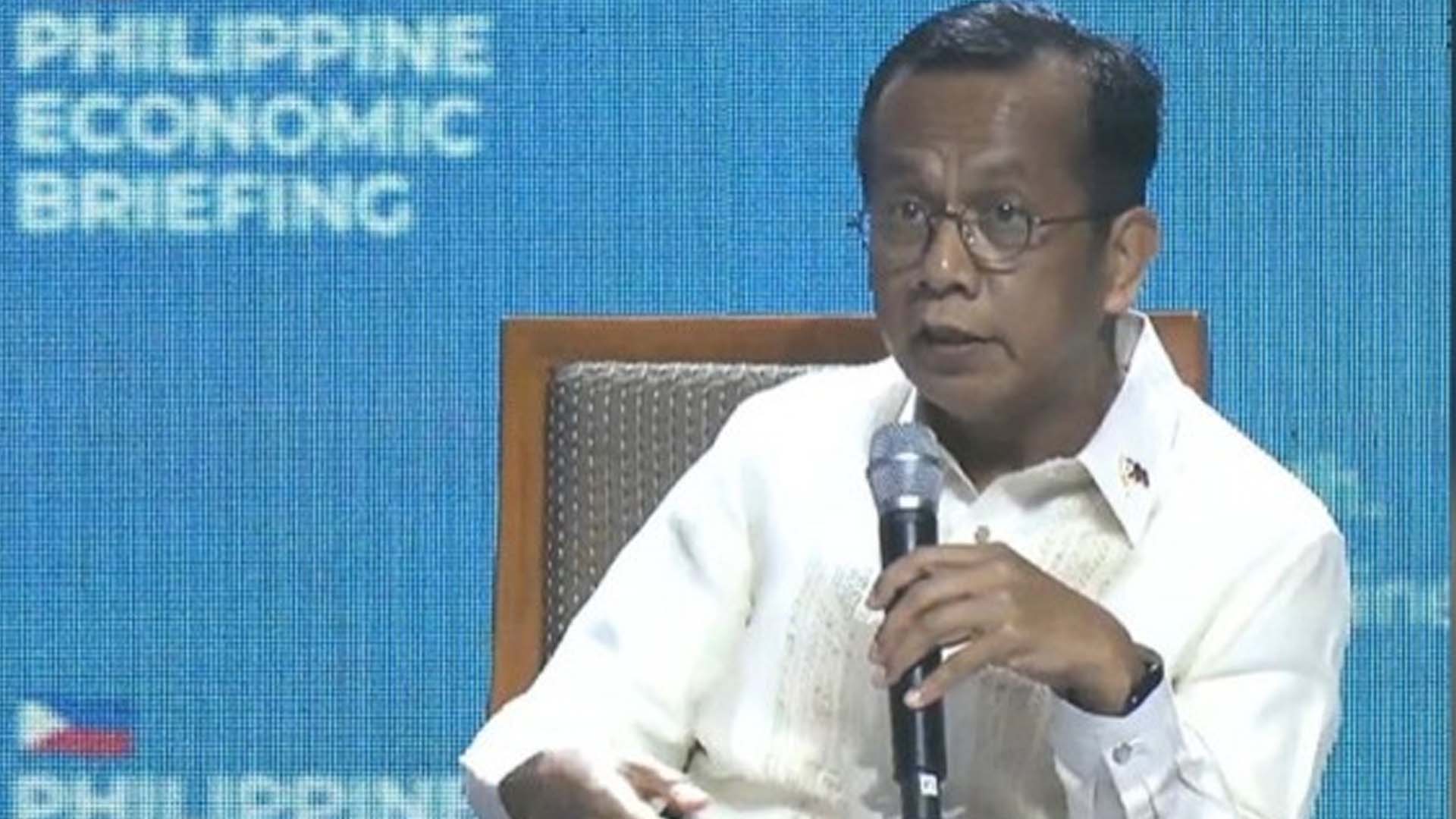Competition policy is essential for promoting efficiency and resilience in the agriculture sector, National Economic and Development Authority (NEDA) Secretary Arsenio Balisacan said.
“Of particular relevance to us today is how competition enforcement and, more broadly, the arsenal of policy tools with implications for competition, can be useful instruments for promoting agricultural development within a developing-economy context and under a ‘new normal’ of highly disruptive forces,” Balisacan said during the 2025 Manila Forum on Competition in Developing Countries held Feb. 5.
Balisacan said a free and fair competition in the agriculture sector is crucial for ensuring food security and fostering inclusive growth.
“We must complement antitrust tools with strategies to address structural issues that shape firm behavior in the agriculture sector and related industries. Pro-competitive legislation, policies, regulations, and programs or projects can contribute toward safeguarding consumers and producers from uncompetitive and unfair conduct,” he said.
Balisacan cited the government’s efforts to bring down food inflation.
These include lowering rice tariffs and removing non-tariff barriers to encourage market players to augment local food supplies.
“Competition policy holds much potential toward fostering agricultural development and broadly improving welfare outcomes. Together, let us work for fairer markets and amplify the pivotal role of competition in this important sector as we collectively aspire for food security and shared prosperity for all,” he said.
The 2025 Manila Forum, organized by the Philippine Competition Commission (PCC), is the PCC’s flagship advocacy initiative.
It brought together policymakers and experts to share insights and best practices for implementing competition policies in developing economies.
The forum examined how competition policy can address supply chain inefficiencies, prevent market distortions, and ensure fair pricing for both producers and consumers.
“The agriculture sector within the overall food system is essential in ensuring food security. Food security means the availability, accessibility, and affordability of nutritious food to a country’s citizens,” Balisacan said.
“A vibrant and productive agricultural sector provides freedom from hunger. It contributes to the dynamic process of economic structural transformation —paradoxically, enabling the rapid shift of economic output and labor from agriculture to industry and services sectors,” he added. (PNA)







